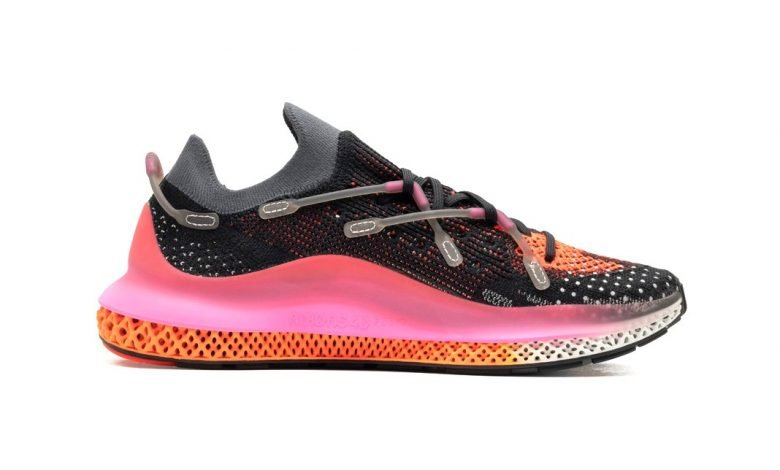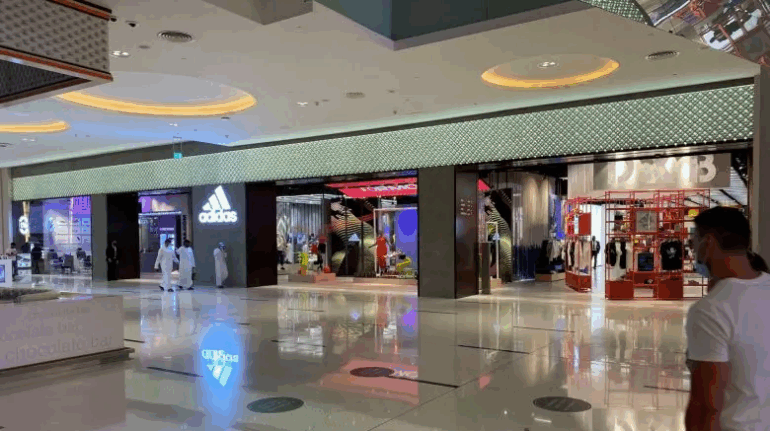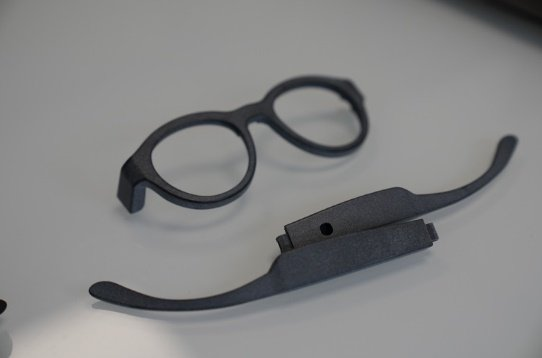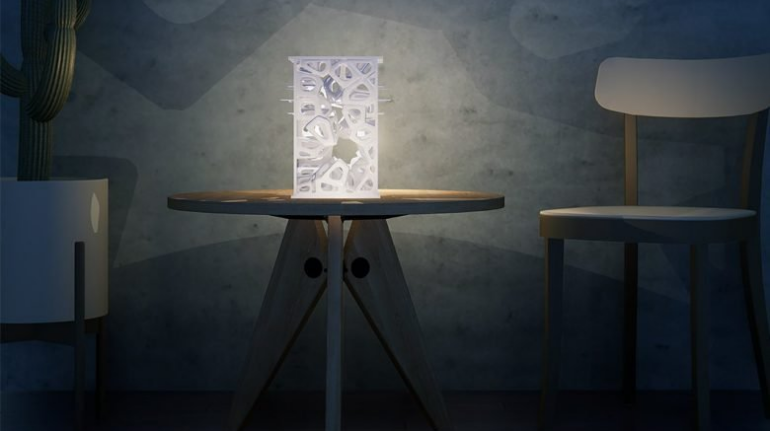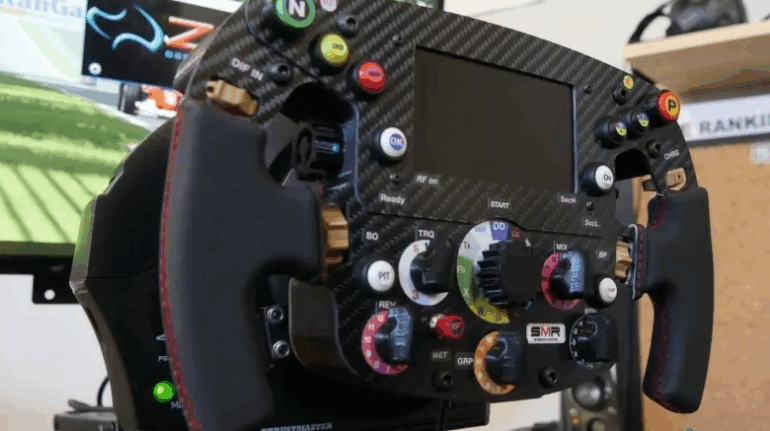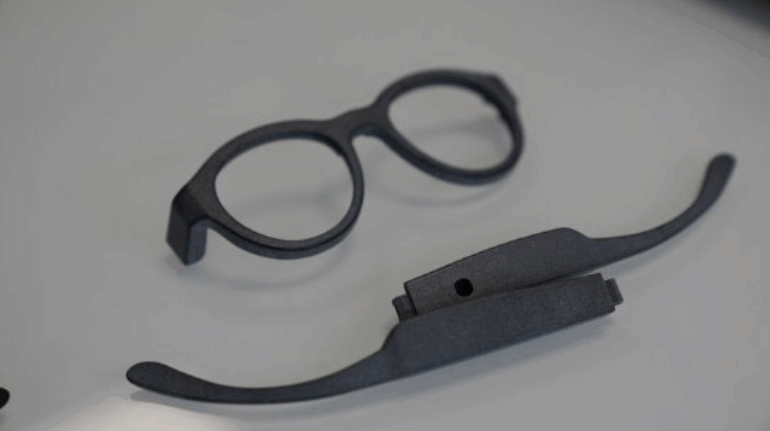New 4D Fusio Model from Adidas Confirms 3D Printed Midsoles are Here to Stay
In spite of all the doubts about pricing and workflow, in spite of tough competition from Asian footwear manufacturers, adidas’ idea to bet on Carbon’s technology for footwear midsoles continues to pay off. Pricepoints for some models have dropped below $150 and new models keep coming out, such as the multi-colored 4D Fusio. And with many new technologies coming into this segment, 3D printed footwear is most definitely here to stay.

